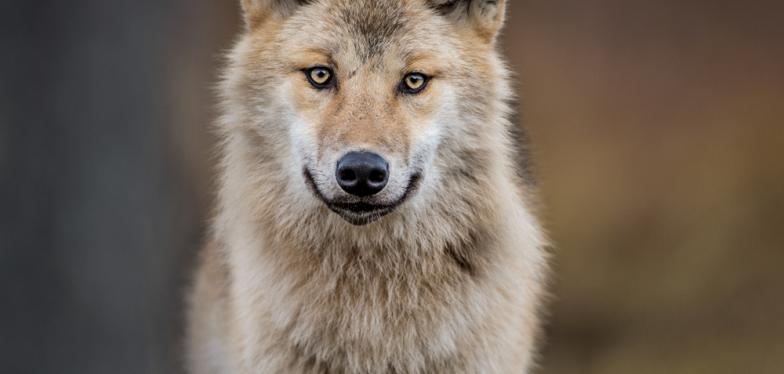A new wolf takes up residence in eastern Belgium
A male wolf, of Italian-Alpine lineage, has been observed in the German-speaking region for several months now. As a result, the area occupied by the wolves of the Hautes Fagnes pack has been extended to the municipalities of Butgenbach and Bullange.

This new arrival has reopened the debate on cohabitation between wolves and humans and the acceptance in our regions of this large predator, which has been demonised for centuries although it is not dangerous to humans. The great challenge of Wallonia's "Wolf Plan" (implemented since 2020) will be to encourage the wolf to stay in the forest and feed on wild prey.
Practically speaking, it is important to increase protection for this carnivore while supporting the protection of the livestock herds. This will include the implementation of sustainable prevention measures, the lending of electrified nets, and other herd protection advice. Furthermore, the wolf can be beneficial to humans as a wildlife regulator. Despite hunting and due to the lack of natural predators, wild ungulate populations have more than doubled in Wallonia in the last 30 years. Moreover, in other countries, the presence of wolves is an asset for the development of ecotourism.
So after centuries of misunderstandings, wolves and humans can now envisage cohabiting on the basis of mutual respect.